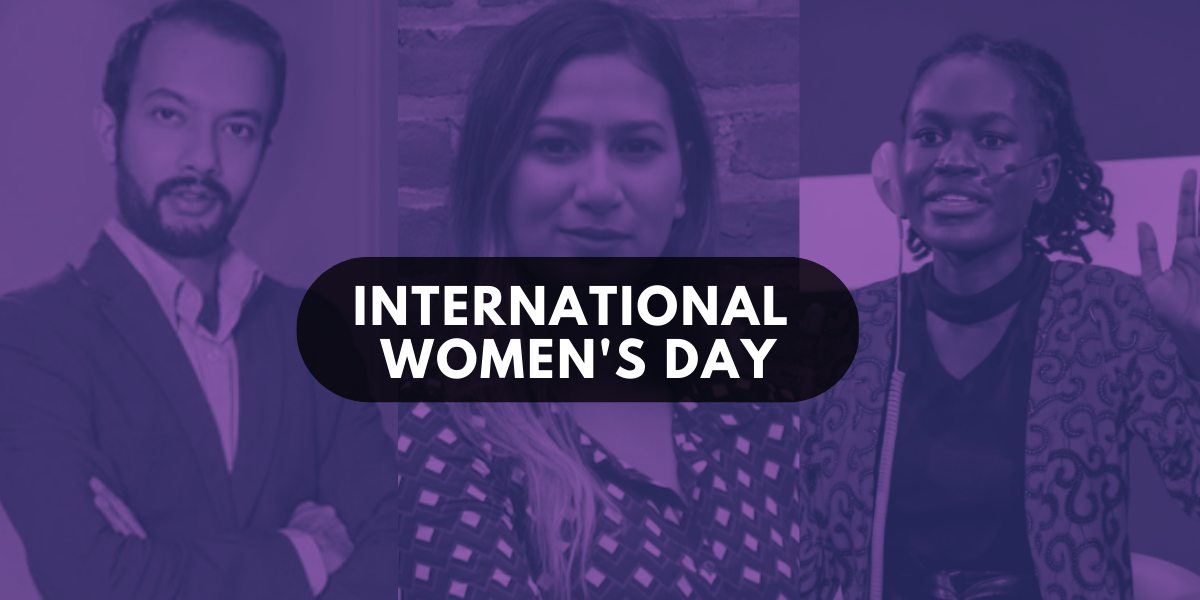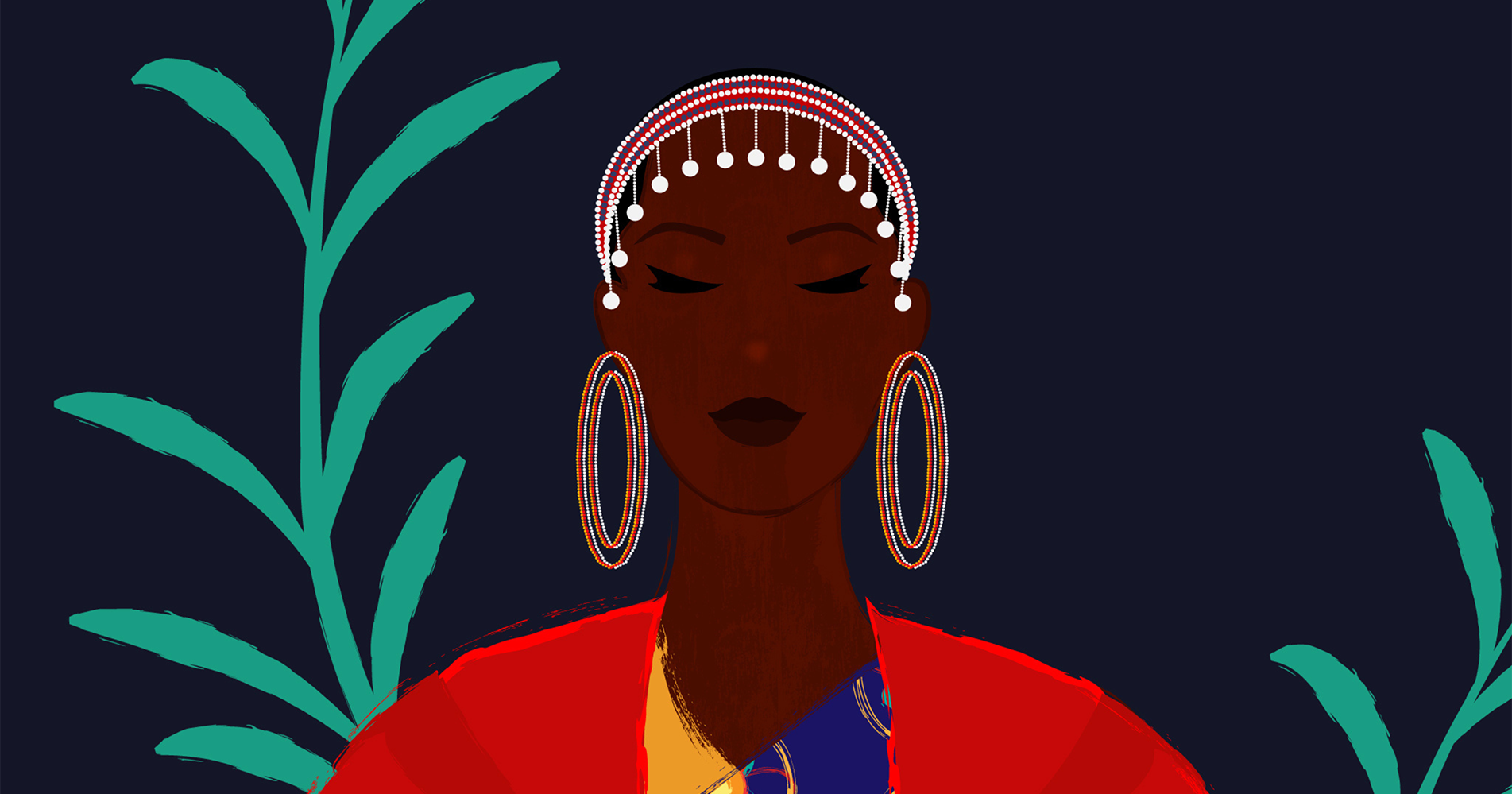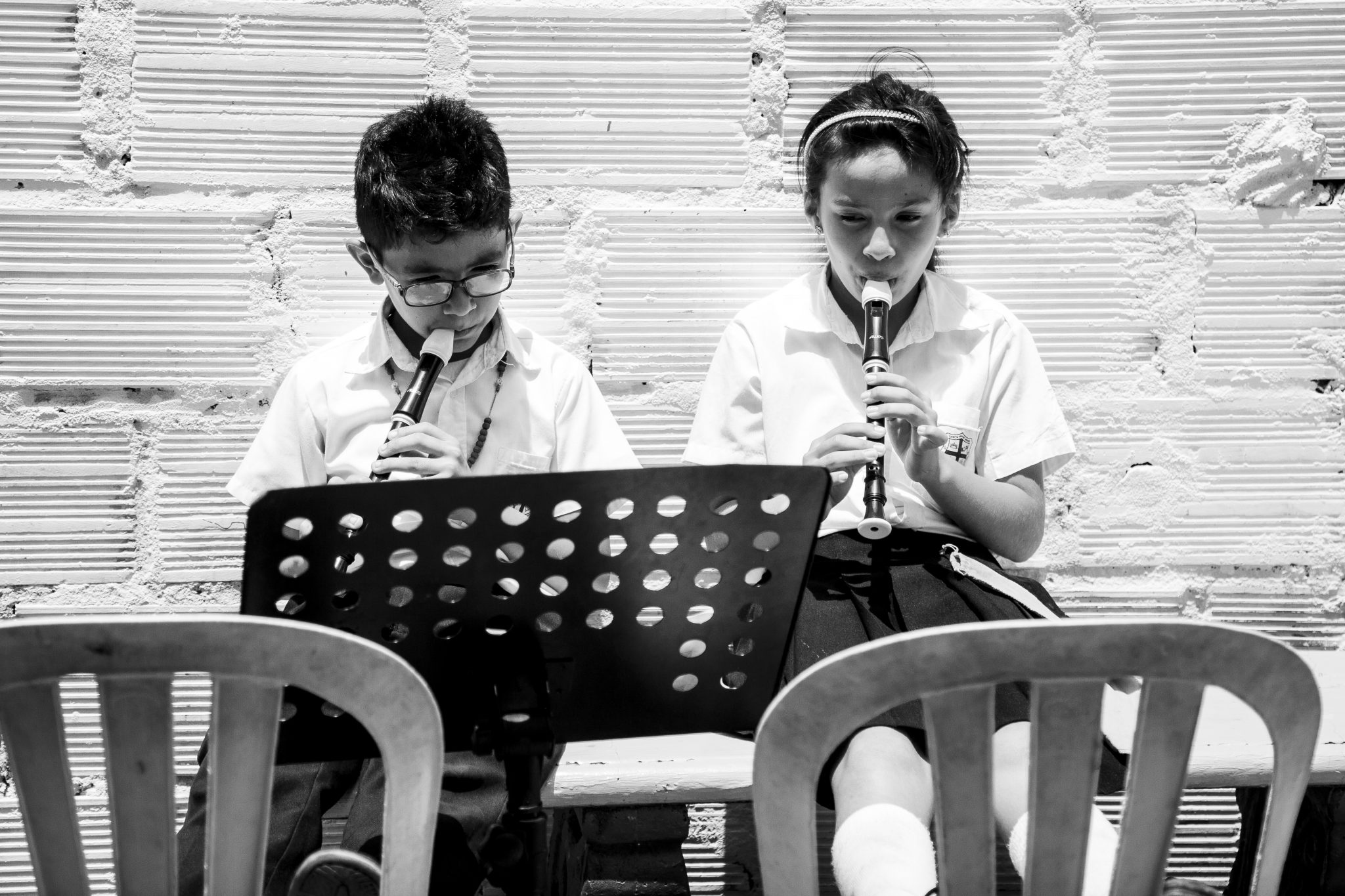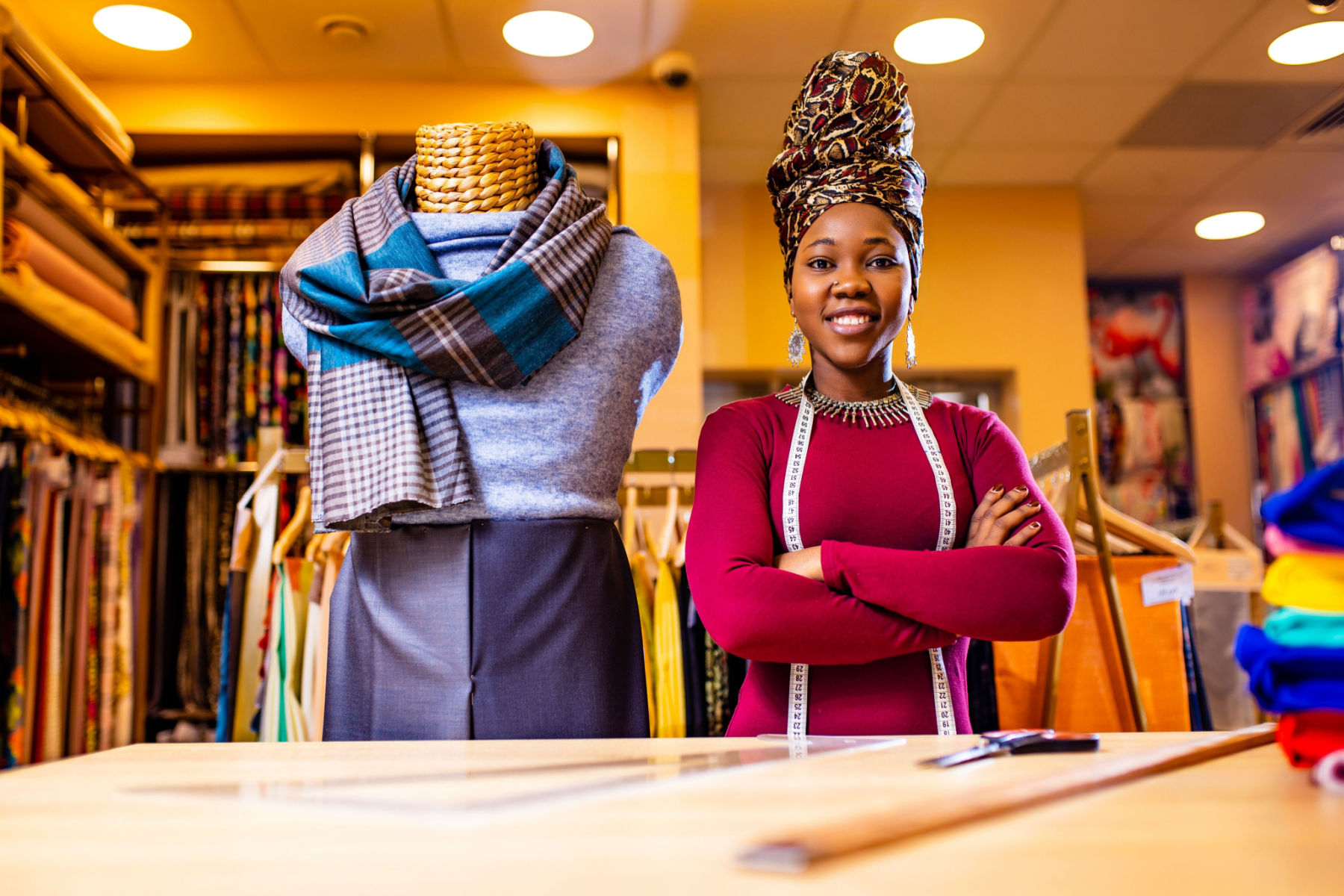Three Pakistani women leading the way in preventing violent extremism
Around the world, acts of violent extremism are escalating, and women are increasingly being targeted. Women are often seen only as victims of violent extremism; however, women play many roles, including being at the frontlines of prevention and response. We speak with three young women from the Extremely Together Pakistan chapter to find out more about the city-wide campaigns they are leading.
Extremely Together (ET), the youth-led peacebuilding initiative from the Kofi Annan Foundation, wants more people to recognise the importance of female leadership in preventing and countering violent extremism (P/CVE).
“Gender equality is more than a goal in itself. It is a precondition for meeting the challenge of reducing poverty, promoting sustainable development and building good governance.” – Kofi Annan
Extremely Together Pakistan, one of the local ET chapters, has launched women-led campaigns in Lahore, Islamabad and Peshawar. These campaigns aim to prevent violent extremism (PVE) and promote a culture of peace and social cohesion.
“I think PVE should always go into implementation with a gendered lens. Inclusion of different genders, especially women, as key stakeholders in PVE work brings broad perspectives, improves effectiveness and inculcates ownership,” said Syed Ali Abbas Zaidi, Extremely Together young leader and campaign manager of Extremely Together Pakistan.
Painting for Peace in Lahore
In Lahore, Painting for Peace spread messages of unity, resilience, interfaith harmony and cultural diversity on Lahore’s city walls. The campaign, led by Sadia Khalid, brought together thirteen girls and young women from Lagore to paint the murals. Sadia came up with the idea because she saw that women of all ages are increasingly becoming the target of recruitment for violent extremism. She believes if a woman is more aware of her rights and what is right and wrong, she can easily be part of the solution.”
“I strongly believe that art is a powerful tool to change society,” said Sadia, explaining why she chose to ask the girls to paint on walls. “Through art and sport, we not only empower women but also shift the negativity and extremism from young minds into positive acts.”
Photo credit: Extremely Together Pakistan
“Through art and sport, we not only empower women but also shift the negativity and extremism from young minds into positive acts.”
The location of the murals was equally important. Sadia chose public school walls because of the school’s role in helping young people understand the world around them. In the future, she plans to educate women from underprivileged backgrounds to start their own community initiatives.
Reclaiming Public Spaces in Islamabad
In Islamabad, the team launched a women-led bicycle rally. The rally aimed to break stereotypes and promote gender inclusivity while reclaiming public spaces for women.
The rally culminated in a large group of women, led by renowned cyclist and national athlete Samar Khan, cycling on the road. Samar said that the initiative intended to “normalise cycling for women in Pakistan” and that she was hopeful that the rally would mean that “people will start accepting us, as women, riding on the road.”
Photo credit: Extremely Together Pakistan
Fostering interfaith understanding in Peshawar
In Peshawar, Manmeet Kaur organised a religious education trip taking participants to various holy places. At every location, participants were briefed on the teachings of Christianity, Shia’ism, Hinduism and Sikhism. This allowed attendees to learn more about the co-existing faiths in Pakistan and clarify misconceptions through dialogue.
Manmeet is the first female Sikh journalist in Pakistan. I chose this idea so people from different religious backgrounds would get a chance not only to visit each other’s places of worship but also learn about their teachings.” Her goal was to remove the misconceptions that revolve around different religious beliefs “because no matter what anyone’s religion is, humanity comes first,” Manmeet said.
The campaign targeted women specifically because women are traditionally expected to stay at home, meaning they have less opportunity to acquire knowledge or learn about mainstream social issues. Manmeet explained that oftentimes this leads to mothers telling their children not to play with kids from other religions or religious sects or they’ll turn into non-believers. “Breaking these religious barriers and stereotypes has become a taboo now. Initiatives like mine have proved to be myth-busters in such situations.”
Photo credit: Extremely Together Pakistan
Manmeet has seen women make presumptions about others’ rituals, practices and festivals based on misinterpretations and disinformation. Her educational trips help shed light on such disinformation and bring people together, encouraging them to communicate with each other about their religious affiliations.
Manmeet says she will continue reaching out to women because she believes that “literate and well-informed mothers can better raise their children; by teaching them the basic human principles, and how to respect other’s beliefs and live peacefully despite the differences.”
Find out more about the importance of interfaith dialogues >
Women are critical in preventing violent extremism
Various international institutions and civil society organisations have acknowledged the importance of women taking a leadership role in preventing violent extremism.
In a consultation in 2020 by UN Women, Civil Society Organizations (CSOs) highlighted that although there are many factors driving violent extremism, gender inequalities, as well as sexual and gender-based violence, are both pull and push factors for women – either to engage in acts of violent extremism or to resist them.
Additionally, these CSOs believe the work of women-led organisations at local and community levels has a more significant impact in addressing violent extremism’s root causes and consequences. This sentiment is supported by recent research undertaken by Extremely Together’s local presence in South and Southeast Asia. The research identified women as a vulnerable and at-risk group in violent extremism. It emphasised their essential role in preventing violent extremism and building bridges between different groups within society.
Both Sadia Khalid and Manmeet Kaur have witnessed the importance of women leadership in their work. They have seen that women often spend more time with the younger generation and are responsible for educating and changing young minds in their homes. This position puts women at the centre of PVE with a great potential to influence and teach the next generations about harmony, tolerance and peace.
The Kofi Annan Foundation is committed to promoting women’s leadership because we believe it will bring unique solutions to issues such as peacebuilding and preventing violent extremism.
Kofi Annan said, “gender equality is more than a goal in itself. It is a precondition for meeting the challenge of reducing poverty, promoting sustainable development and building good governance.” We strive to live up to this. Incorporating female leadership in local projects is the first step to this and helping work towards an equal world.
Extremely Together Pakistan is part of a regional project in South and Southeast Asia, supported by the European Union.




